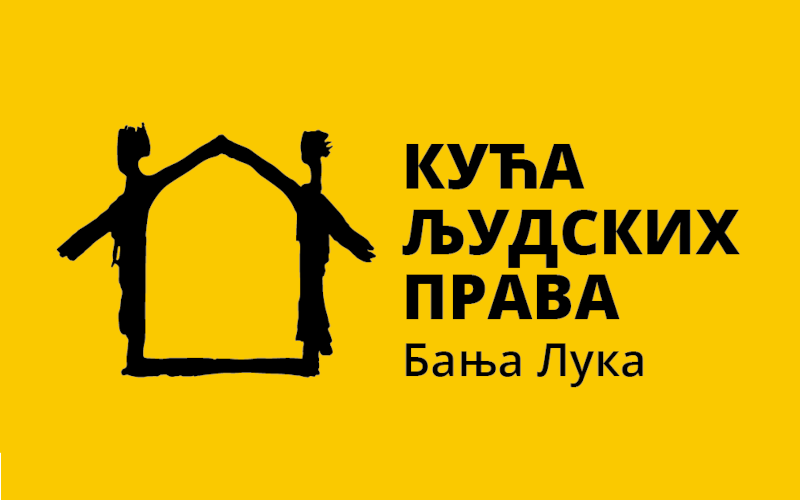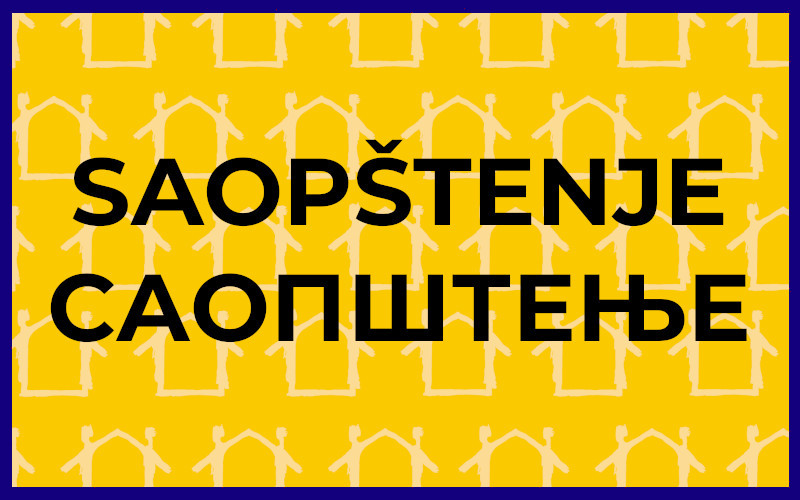Since the war, civil society organizations have initiated many issues and opened numerous important topics, including the topic of gender equality. They were among the first in Bosnia and Herzegovina to point out the unequal position of women in society and advocate the passing of laws that would correct it. From then until today, a lot has been done, at least on the normative level. It seems that we have adopted and understand the concept of gender equality and the meaning behind certain terms. But is that really so? Do organizations, within their internal structures and practices, apply and nurture the principles of gender equality? Is it the fact, for example, that we work on the political empowerment of women, automatically means that we are also gender-aware and aware of how our culture and tradition continue to shape and influence the roles that women and men play in society?
On the other hand, we also noticed that there are fewer and fewer trainings and workshops dealing with this topic and helping to understand the difference between sex and gender, what is gender-sensitive language, and what is gender analysis.
Therefore, we decided to prepare this Guide, which should primarily help civil society organizations to upgrade their organizational culture, to engender and supplement their internal regulations and procedures, but also to improve their programs and activities.
Civil society organizations function like any other workplace, they have their own rules, norms, internal procedures and specific work culture. However, they are also very specific workplaces, because they promote specific values and human rights and as such should be a role model for other members of society. This is precisely why it is important that the organizations themselves adopt and promote the principles of non-discrimination, including gender non-discrimination, and to improve and expand their own perspectives and understandings. And this Guide can be of great help to them. The change and transformation of organizational policies will benefit not only employees and volunteers in organizations, but also their users, as well as society as a whole.
You can download the guide here.



